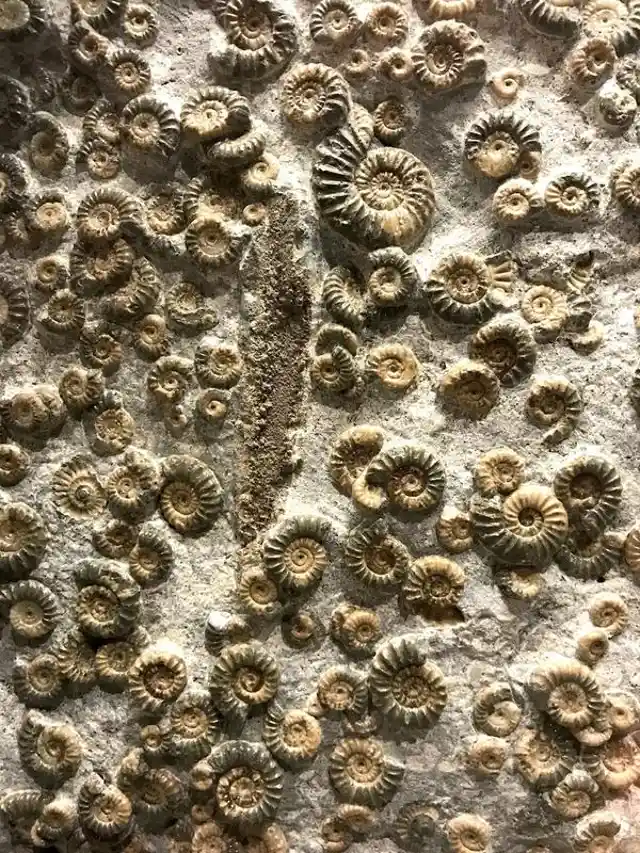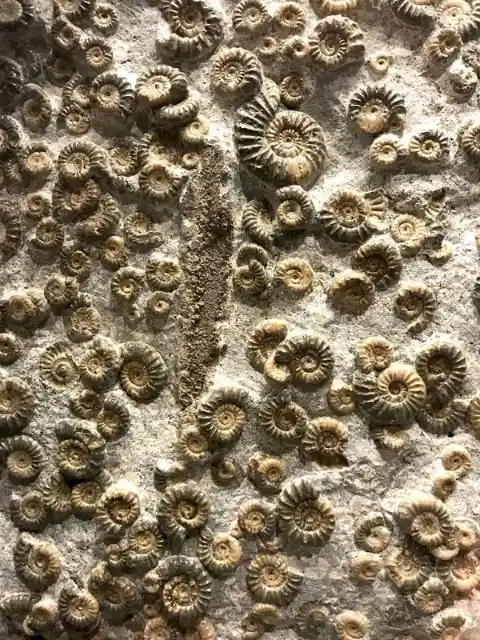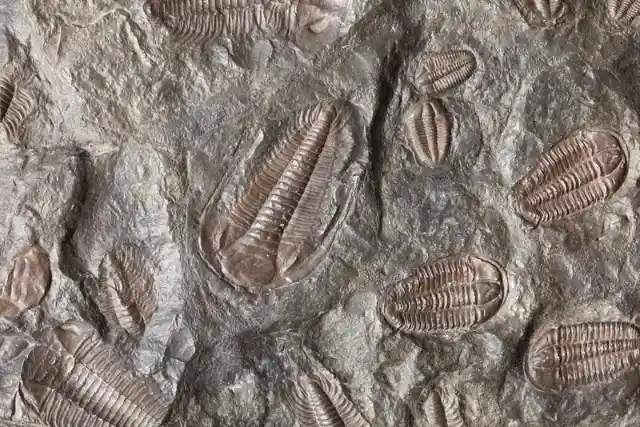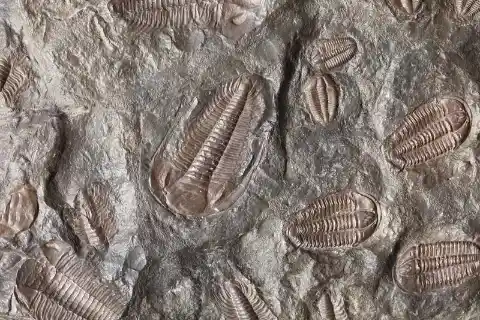Despite the immense scientific investment, there are so many things about our world that we simply do not understand. As science tries to determine our past, it is often fossils that play a key role in helping us to understand the world in which we inhabit. Fossils are often misunderstood, though; here are some intriguing facts about fossils that might have slipped past you.


Fossils are a global discovery
Fossils are often found concentrated in specific parts of the world, but we have found fossils all over the planet. From sea creatures at the pit of the ocean to fossils found atop the largest mountains in the world, we have a curious record for finding fossils more or less anywhere that you can look.
The general rule is that if you can traverse upon it, or reach the bottom, then there is a good chance that something has lived here at one stage.
Fossils are made from more than just bone
Another common misconception is that fossils are made only from the bones of a creature. However, this is not the case at all. Fossils are made from rock that is shaped almost exactly like the object that was there previously. Buried underneath layers of sediment, the fossil is compressed which creates this kind of sedentary-based rock. Water enters the bones, which turns them into a rock-like substance that we then discover centuries later.


Yes, fossils can be made from feces
Fossilization is something that we often associate with living creatures. However, many fossils are found which are not from animals or humanoids at all – in some cases, it is fossilized excrement. That is awful to think about, we know, but it is a fact. In many cases, these particles – known as coprolites – are vital in helping us to understand more about some of the various creatures which no longer walk around on planet Earth.
Fossils are quite rare
While we are always reading about dig teams finding new fossils, they are comparatively rare. Think about how many creatures live and die in a single day – how many of them leave behind a fossil? This is because fossils are quite a rare discovery. Bones in an animal decay extremely quickly after they die, so it is very rare that there is enough left to be turned into a fossil in the first place.